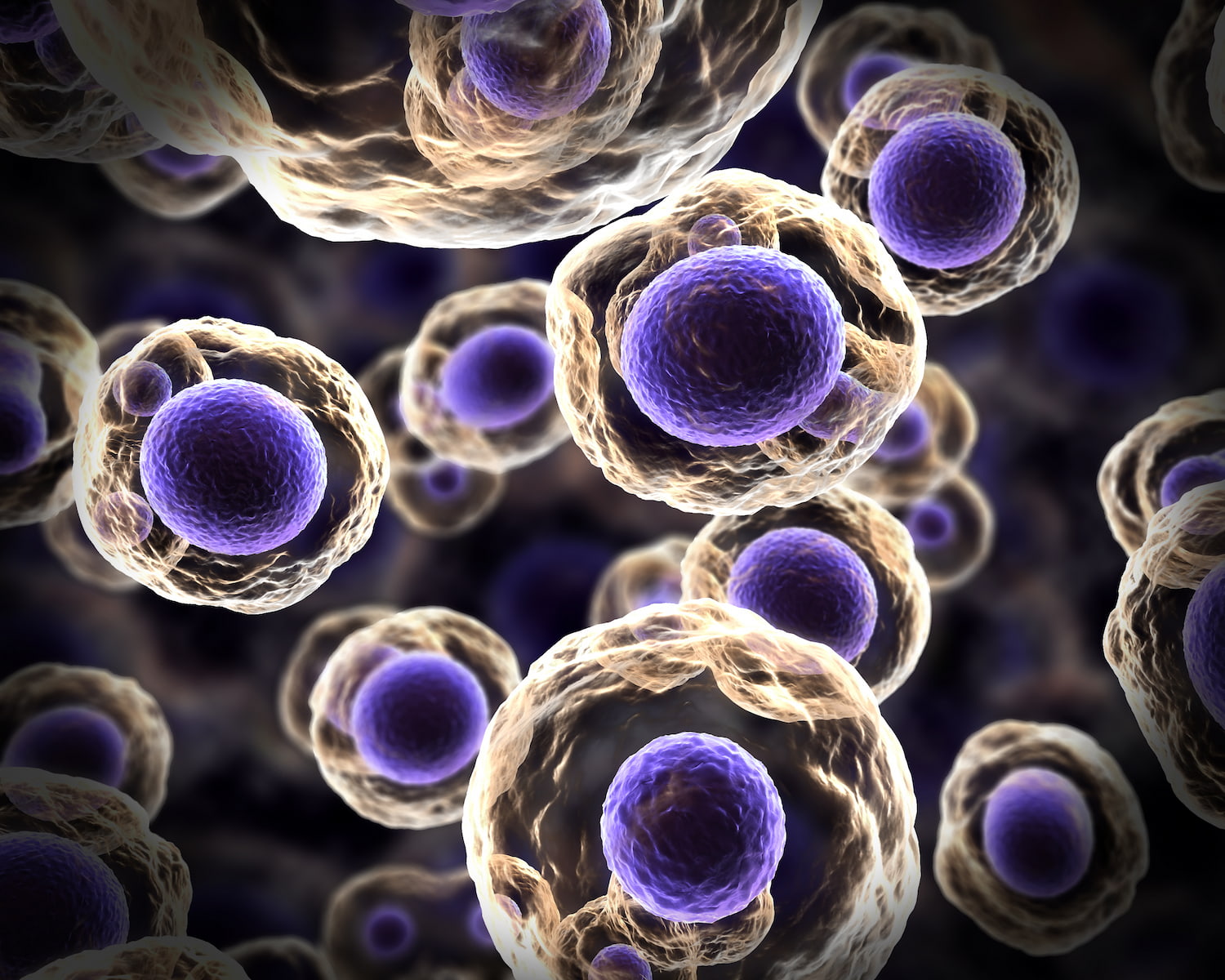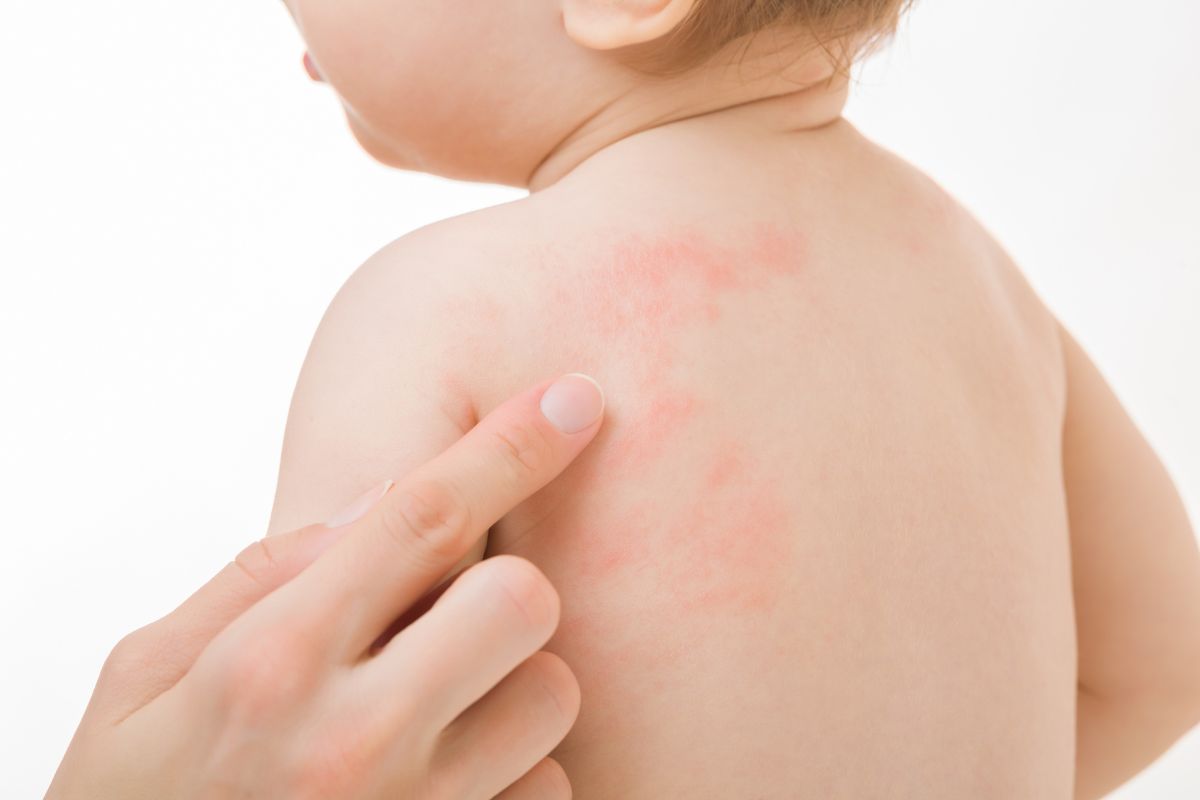Every summer, you’ll likely hear warnings about the dangers of not using sunscreen when you go outside. This is because exposure to UV radiation greatly increases the risk of developing skin cancer. Most types of skin cancer are among the most treatable of cancers, but early detection is important to avoid spread.
Affiliated Dermatology® conducts manyscreenings for skin cancer in the greater Phoenix area. We know firsthand the benefits of early detection and the consequences of untreated skin cancer. This guide will go over the most common forms of skin cancer and what can happen if they aren’t caught in time.
Squamous Cell Carcinoma
Within the epidermis, the outermost layer of the skin is a type of cell known as a squamous cell. When cancer forms in these cells, it’s known as squamous cell carcinoma (SCC). The type of cancer can develop in various places in the body, including the skin, mouth, and some other organs. When it occurs on the skin, SCC manifests as a thick, rough patch of skin, often red and scaly. Several consquences of untreated skin cancer such as this one can include:
- Local Damage: SCC grows locally at first. It moves into deeper and deeper layers of the skin and can cause damage to surrounding tissue.
- Metastasis: When SCC is small, it has a relatively low risk of spreading to other areas. However, untreated skin cancer risks increase when no action is taken.
- Functional Impairment: As it worsens, SCC can impact nerve function. Growths around the eyes, ears, or other body areas may impact their function.
Squamous cell carcinoma can be life-threatening if it’s allowed to grow without treatment. If it metastasizes and moves to other organs, treatment options become more complicated, and the potential danger increases.
Basal Cell Carcinoma
This is the most common type of skin cancer. It occurs within a type of skin cell known as a basal cell. These cells are responsible for producing new skin cells as old ones die. Basal Cell Carcinoma (BCC) often occurs as a slightly transparent bump on the skin’s surface. Because its primary cause is exposure to UV radiation, BCC forms most often in areas exposed to the sun. There are several negative effects of ignoring skin cancer like BCC:
- Local Damage: BCC erodes the tissues it infects, causing damage to the skin and potentially to nerves and bones underneath. This can result in disfigurement.
- Metastasis: It’s extremely rare for BCC to metastasize to other parts of the body. However, it can if left untreated for a long time.
- Functional Impairment: Like SCC, BCC can impact the function of nerves and other body parts it grows near.
Although the risk of this type of skin cancer spreading is low, it can become life-threatening if left untreated.
Melanoma
Melanin is the pigment that gives color to the skin. The substance is created in cells called melanocytes. Melanoma is a type of skin cancer that forms in these cells. It can often present as a harmless mole or bruise. This is a particularly dangerous form of skin cancer, and extra care should be taken to catch it early. Failure to do so can have severe consequences:
- Local Damage: Melanoma can move deep into the skin, reaching blood vessels and the lymphatic system.
- Metastasis: Once in the blood vessels and lymphatic system, Melanoma can quickly and easily spread to other parts of the body, infecting organs such as the lungs, liver, brain, and bones.
- Functional Impairment: Because it can spread so quickly to vital organs, severe functional impairment can result from untreated melanoma.
The likelihood of surviving melanoma diminishes substantially if it’s not treated early because of its potential to spread. Detecting it before it spreads offers a much higher
survival rate. However, if it reaches other organs before being diagnosed, the survival odds decrease rapidly.
Skin Cancer Screenings and Treatments at Affiliated Dermatology
Affiliated Dermatology® can provide you with comprehensive skin cancer screenings as well as information about your risk factors and how you can avoid or detect skin cancer. To make an appointment,contact us today.
Image Credit: fusebulb / Shutterstock






